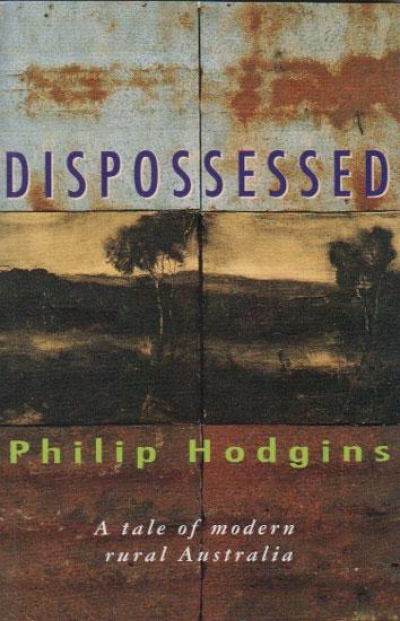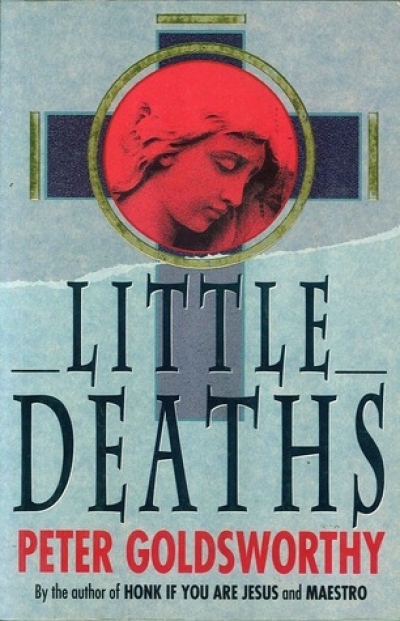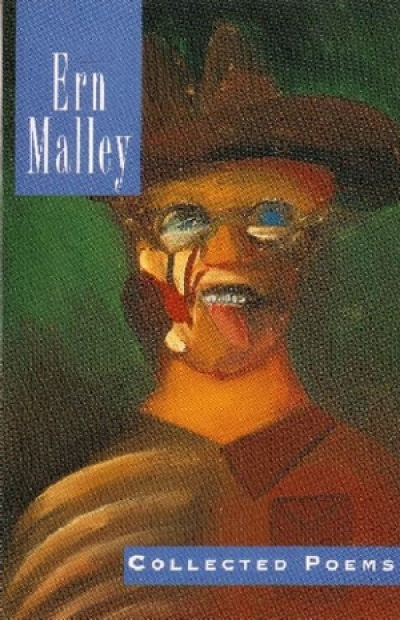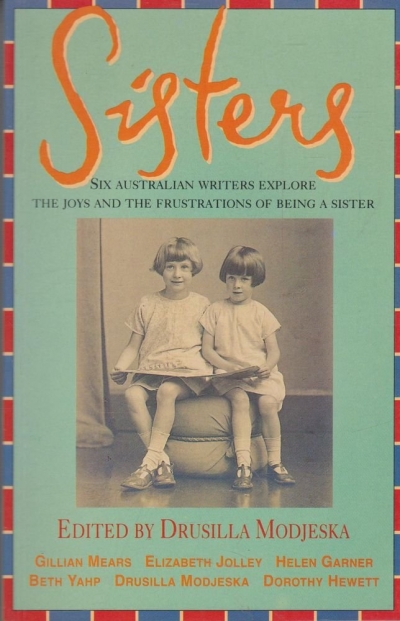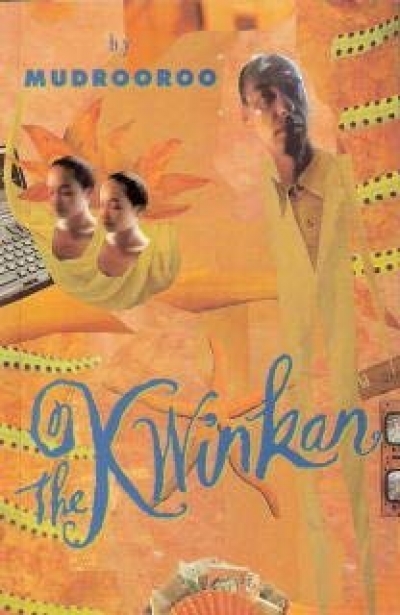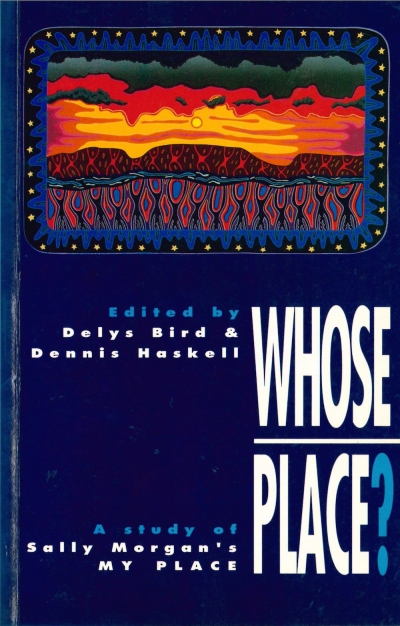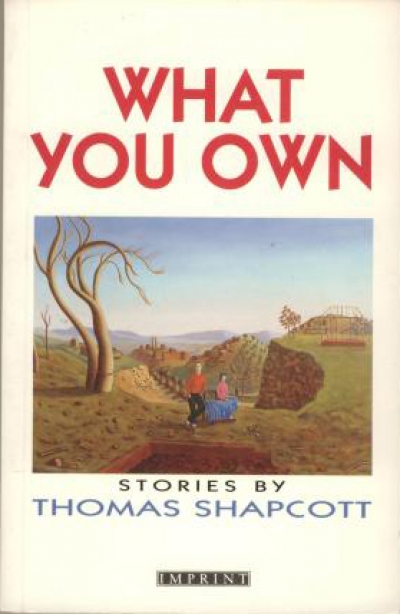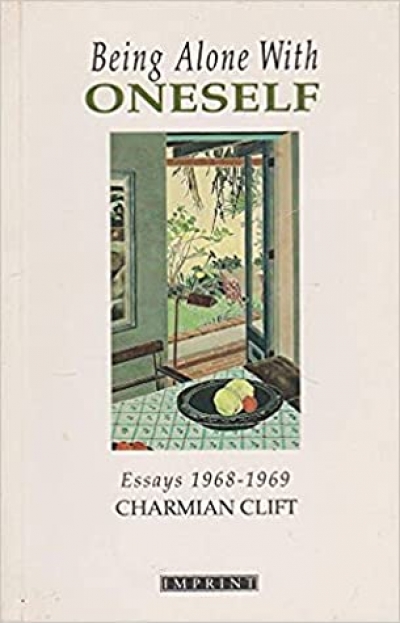Angus and Robertson
Whose Place?: A study of Sally Morgan’s My Place edited by Delys Bird and Dennis Haskell
by Bill Perrett •
The remarkable Peter Corris has done it again, producing his third book this year, with probably a couple still to come. I say remarkable because, with the occasional lapse, he manages to maintain a high standard of entertainment despite being prolific. No real writer, of course, would countenance publishing one book a year, let alone four or five, but fortunately for crime buffs this is not a problem for Mr Carris, who, one suspects, would happily produce a book every month if the publishers let him.
... (read more)
